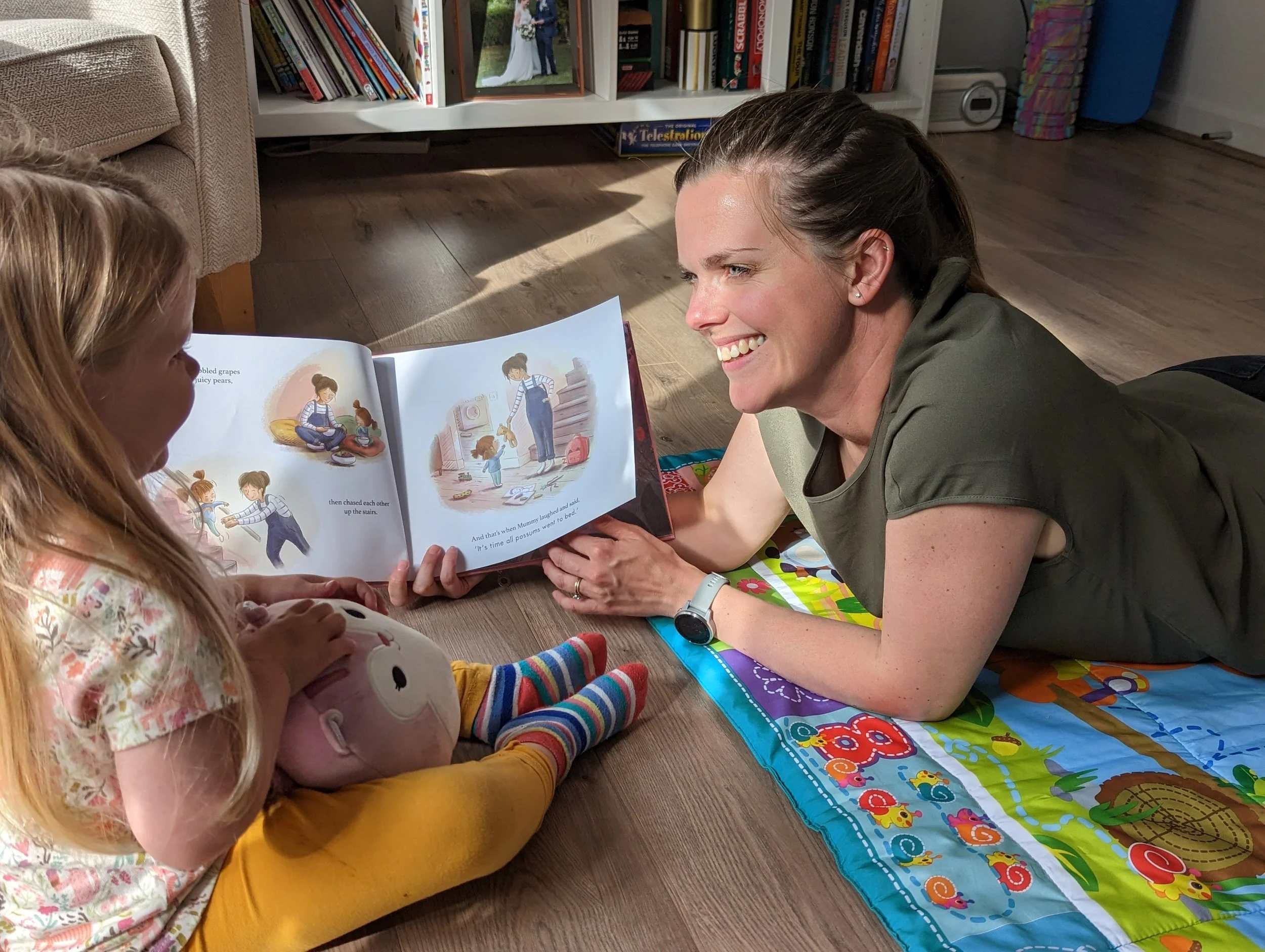
“History will judge us by the difference we make in the everyday lives of children.”
– Nelson Mandela
Our blog
Delve into a range of topics designed to help your family thrive. Whether you're seeking practical advice, creative ideas, or thoughtful perspectives on family life, you'll find it here.
You can also check out all of our free, practical videos on our YouTube Channel here - these include nappy changing, making up a bottle, topping and tailing and so much more!
Categories
ALL | Babies | Behaviour | Bereavement | Co-Parenting | Food and weaning | Getting to know | Grandparents | Health | Lockdown | Nursery | Other | Play | Routines | School | Separation anxiety | Siblings | Sleep | Teething | Toilet Training | Transitions | Travel | Tweens and Teens | Twins
How to develop your child’s communication skills
Written by Kate Burgess, Speech and Language Therapist. Language and Communication development in children is a phenomenal process. Babies go from having an instinctive, reactive cry to being able to use hundreds of words in short phrases by the time they are three years old. And it continues to grow and develop well into primary school and beyond.
For some children, this process happens smoothly without parents and carers feeling like they’re doing anything ‘extra’ or ‘special’. Just chatting along to your child, reading books, singing songs and hey presto! Language is developing.
How to support children's speech and language development
Written by Charlotte Hall, Speech Therapy with Charlotte. Speech and language development is so important because it really underpins everything else. If a child is unable to express themselves or understand what others are saying, they will find it difficult to thrive academically, form meaningful relationships and achieve positive mental wellbeing.
But what can we do to support young children’s speech and language development?
When should my child stop having a bottle? (including tips for weaning your child off theirs!)
Written by Claire Burgess, Family Consultant. During the first 12 months of life, the bottle for some babies provides comfort and positive associations. Looking to stop the use of bottles and moving to a cup can often make parents feel sad and question if it is fair on the child to make them give it up because they seem to love it so much. While it can be hard and there can be an attachment, there are good reasons to look at stopping it once your child is over 12 months.



